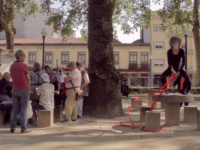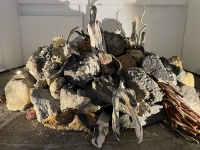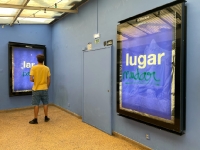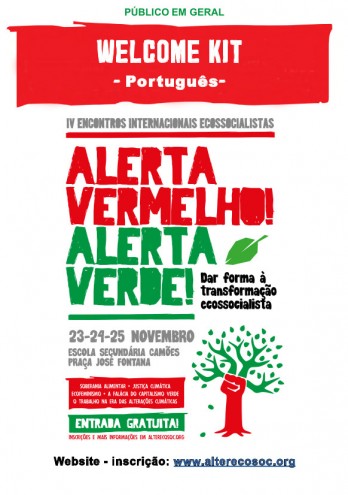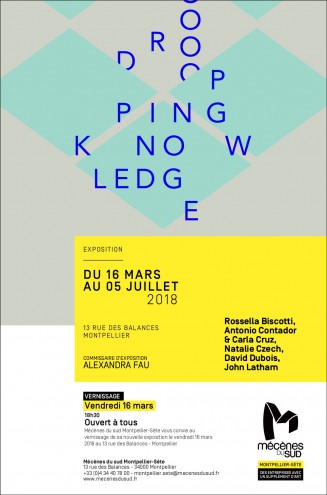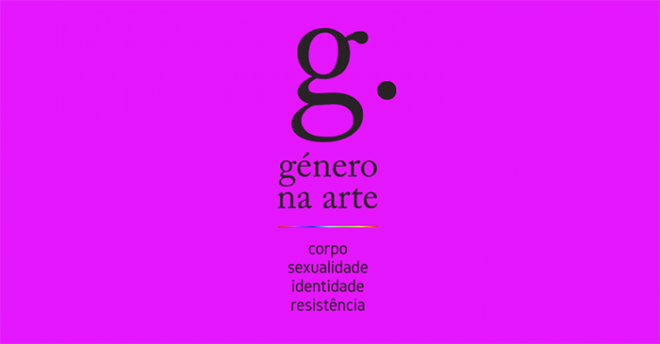-
IV Encontros Internacionais Ecosocialistas
21/11/2018 -
Dropping Knowledge – Montpellier
08/03/2018 -
Maria Lusitano + Carla Cruz
14/11/2017
AAPA
Biennial
Braga
Coimbra
colaboração
collaboration
community
drawing
Europe
exhibition
Exposição
Fair
feminism
festival
Finding Money
gallery work
gender
Guimarães
instalação
installation
institutional critique
intervention
Lisboa
London
Madrid
Ovar
pamphlet
participation
performance
politics
Porto
postcard
Poster
public art
Residency
Rotterdam
sculpture
solo show
sound
Sousveillance
surveillance
Talk
theatre
video
Vienna
